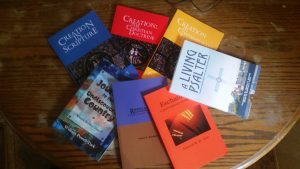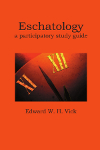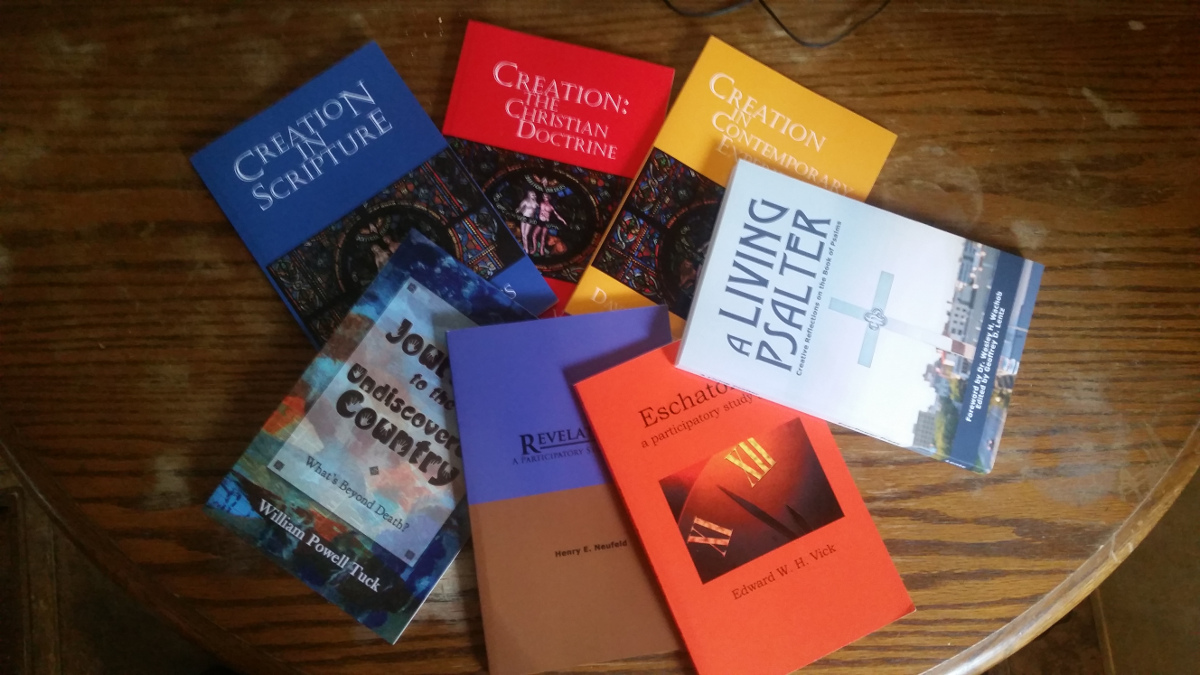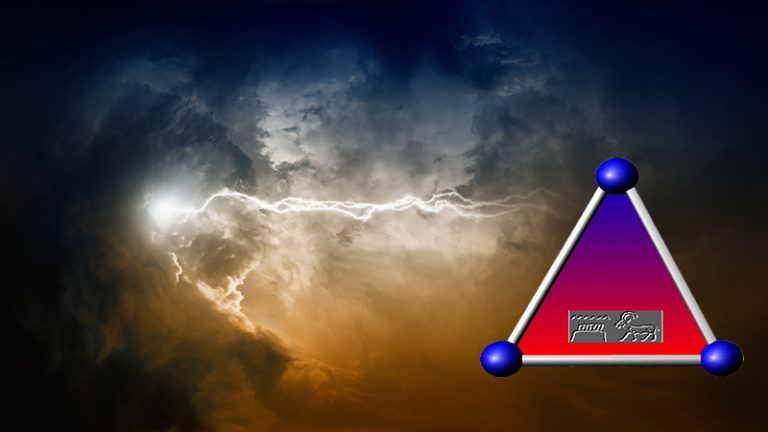Eschatology: Future and Present
 On Thursday night I’m going to do two things: 1) Present some material related to chapter 6 of Eschatology: A Participatory Study Guide (titled “Eschatology Future and Present”), and 2) Discuss October 22 as the anniversary of the Great Disappointment of October 22, 1844, as it is recalled in Adventism. On Thursday I will also kick off publication of some articles by Energion authors on that event and its implications for how we study the Bible generally and eschatology in particular. I’ll provide links to that material here.
On Thursday night I’m going to do two things: 1) Present some material related to chapter 6 of Eschatology: A Participatory Study Guide (titled “Eschatology Future and Present”), and 2) Discuss October 22 as the anniversary of the Great Disappointment of October 22, 1844, as it is recalled in Adventism. On Thursday I will also kick off publication of some articles by Energion authors on that event and its implications for how we study the Bible generally and eschatology in particular. I’ll provide links to that material here.
Here are the links for the event. Below the YouTube viewer, I will post a couple of questions to consider relating to Thursday night’s study.
In the study questions (page 67 of the book), Dr. Vick asks:
(3) We cannot construct a theology without making assumptions. With what assumptions would you organise your beliefs? Which of the assumptions suggested in the chapter would you be in agreement, and which would you reject? [emphasis mine]
 The latter part of this question will be hard to answer without the book, but consider the first line. Do you agree or disagree? Feel free to comment here or to bring your comments to the study on Thursday night. If you enter the comments via the Q&A app, they can become part of the study.
The latter part of this question will be hard to answer without the book, but consider the first line. Do you agree or disagree? Feel free to comment here or to bring your comments to the study on Thursday night. If you enter the comments via the Q&A app, they can become part of the study.
For some perhaps even more provocative suggestions, the following questions come from page 65, and might help in feeling out your way on assumptions.
What can I believe and what can I not believe? What are the implications of the answers I give to the question? This question then ramifies into more precise formulations.
What can I not believe about how things happen in the system of an ordered cosmos?
What can I not believe about how historical reports come to be written?
What can I not believe about the reliability of human testimony as an avenue to knowledge, whether given verbally or in writing?
What can I not believe about the capacity of a being with human limitations to foretell the future?
What can I not believe about the supernatural?
What can I not believe about claims that the supernatural causes events to take place within the cosmos? (p. 65)
I’m sure that as you consider these questions, you’ll quickly see their implications for how you might read scripture. One can be open on some of these, certainly. But thinking about how you would approach the question can nonetheless be critical.



